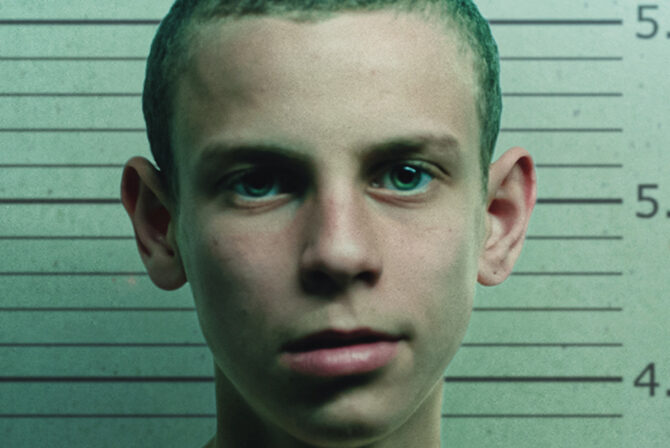Both my children were born in the Midwest where summers are short and the first frost comes shortly after the High Holidays. My friends and I would fill up kiddie pools in our yards with water from the hose and let the kids splash but that was about it. No one gave their kids swimming lessons, because why? Though in my daughter Abby’s defense, she could ski when she was 3.
We moved to the South in May, just in time to say goodbye to spring and get slapped in the face with blistering heat and humidity. Abby had just turned 4 and her brother Eytan was 18 months old. I quickly figured out the only way to get kids outside in that kind of heat was to join a pool. So we joined the JCC pool, both as a way to get familiar with the Jewish community and to sign up Abby for swim lessons. She jumped in the water that first day and never looked back.
Eytan, on the other hand, was not going near the water. Ever. He played on the 100 degree JCC playground and as I tried to get him to cool off in the water, just by putting his feet in, he would scream “No!” I covered him in sunscreen, made sure he had plenty of water to drink, and let him play. He’d get in the pool eventually, right?
Not so much. Several summers passed with Abby happily swimming at the JCC and joining their swim team. Eytan would have NOTHING to do with the pool and firmly planted his two feet on land. I tried bribing, threatening, encouraging him—he wouldn’t budge. A few people suggested I pick him up and throw him in the pool, but since I nearly drowned as a kid, I didn’t think that was a good idea.
Finally Eytan graduated from preschool to summer camp at the JCC. He was 5 years old and I knew that he would be swimming twice a day—morning swim instruction and afternoon free swim. Most of his peers were pretty confident in the shallow end and honestly, I was tired of his intransigence. At drop-off I told his counselor who had also taught him in preschool, “Do NOT call me if he won’t get in the pool. Do NOT call me if he argues. I am NOT coming to pick him up. He’s your problem now.” And I drove away.
Many years later, I found out from Nathan, the swim instructor, that every single day, for six weeks, Eytan had a new and different reason why he couldn’t, wouldn’t get in the pool. Over the six weeks Eytan was at camp, Nathan gently got him to sit on the edge of the pool, then sit on the top step, then stand in chest deep water. Nathan showed him how to wear his goggles so water wouldn’t get in his eyes. During free swim, Eytan would sit in a chair away from the pool and watch his friends play.
And then everything changed. It was the end of summer and Eytan was still a tentative swimmer and preferred to sit on the pool steps rather than venture into deeper water. His cousin Jason, who was 15 at the time, was swimming into the deep end with his girlfriend. Jason was (and still is) Eytan’s favorite human being in the world.
So, Eytan began swimming. He scooted under the rope dividing the shallow end from the deep end and kept swimming right into the deep end so he could be with Jason. I had already changed out of my bathing suit and was in shorts and a shirt, running along the side of the pool. I figured I’d have to dive in at any moment and rescue Eytan, despite the three lifeguards positioned around the pool. I yelled to Jason to watch Eytan and he helped Eytan get to the side of the pool so he could catch his breath.
And then, with the wisdom that belongs to teenage boys everywhere, Jason decided it was time for Eytan to jump off the diving board into the deep end. This is crazy, I thought, the kid doesn’t even like to get his face wet! I kept my mouth shut and let it happen. Eytan walked to the end of the diving board and jumped into the deep end. Jason helped him swim to the ladder, and Eytan climbed out and jumped again. And again. And again.
The Talmud instructs us to teach our children to swim, but remains silent on the “how.” Learning to swim is important, but honoring the process is just as important. It took six weeks to get in the water—and one afternoon to swim in the deep end and jump off the diving board. If our inclination is to push our kids then we need to consider that sometimes it’s better to step back and honor their need to go at their own pace.
Read More:
9 Things You Didn’t Know About Aly Raisman, USA Olympic Gymnastics Captain
Yes, I’m a Democrat Married to a Republican
This ‘Yo B*tch’ Rule is the Only Trick You Need to Teaching Your Kids Manners







